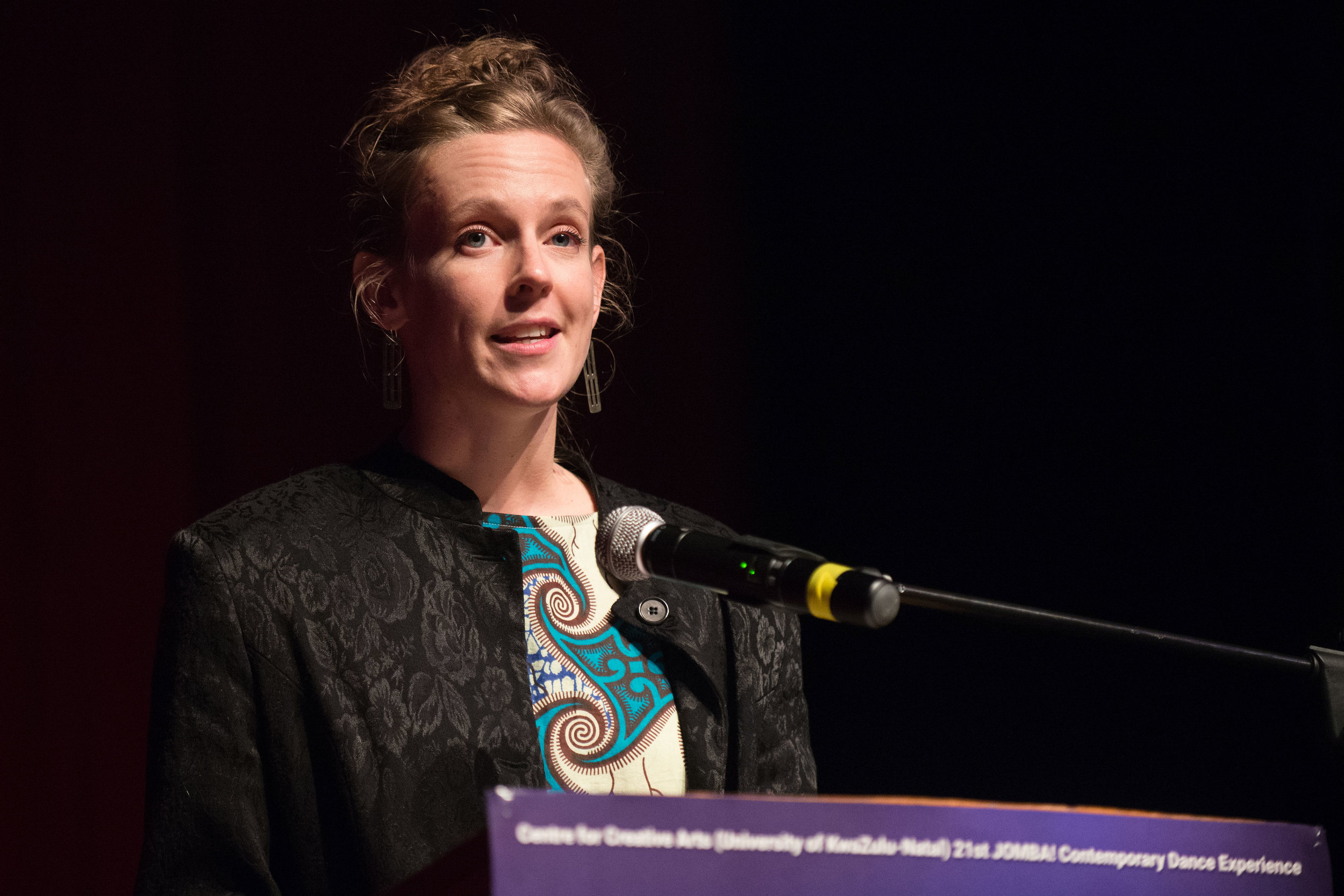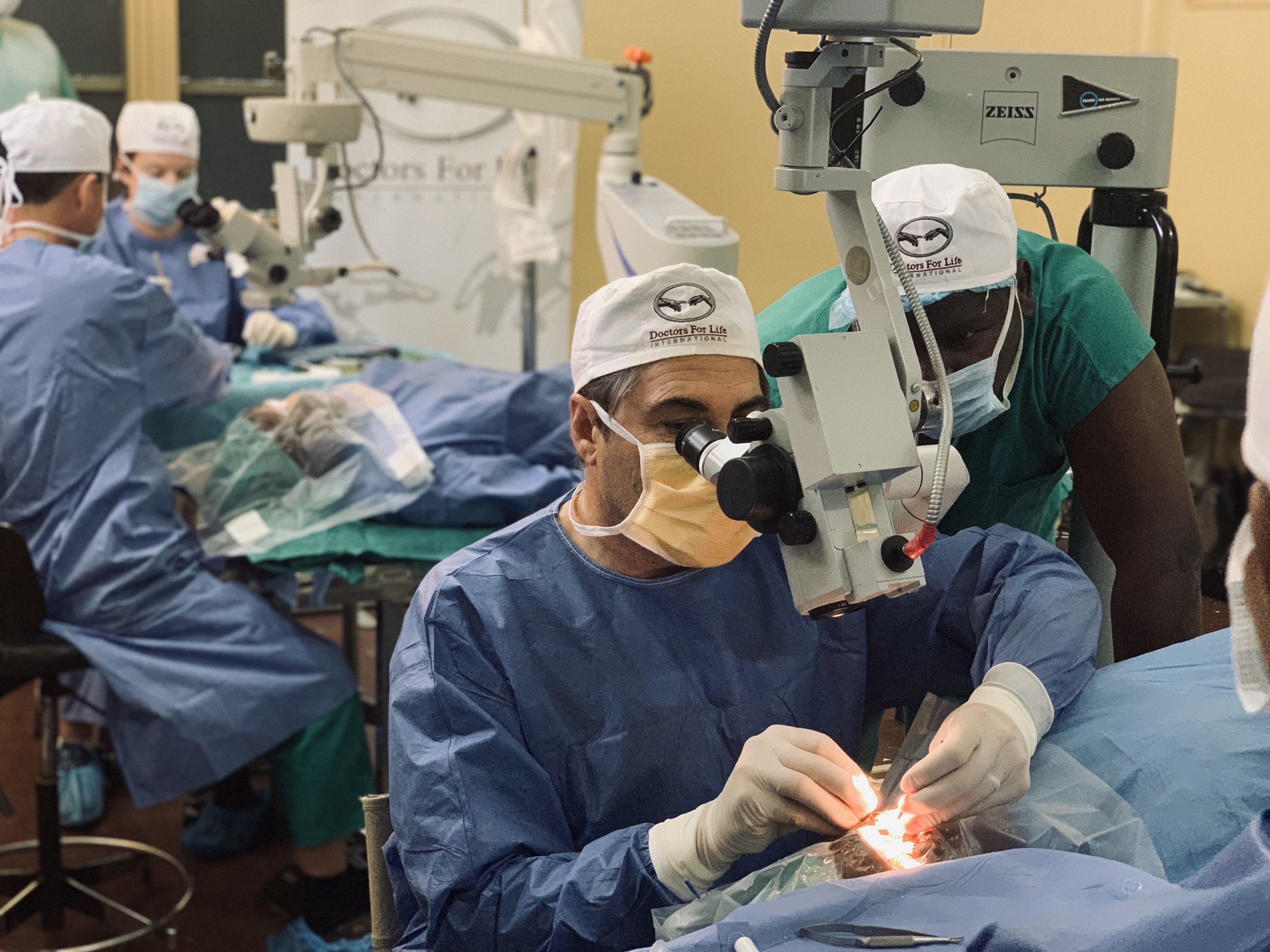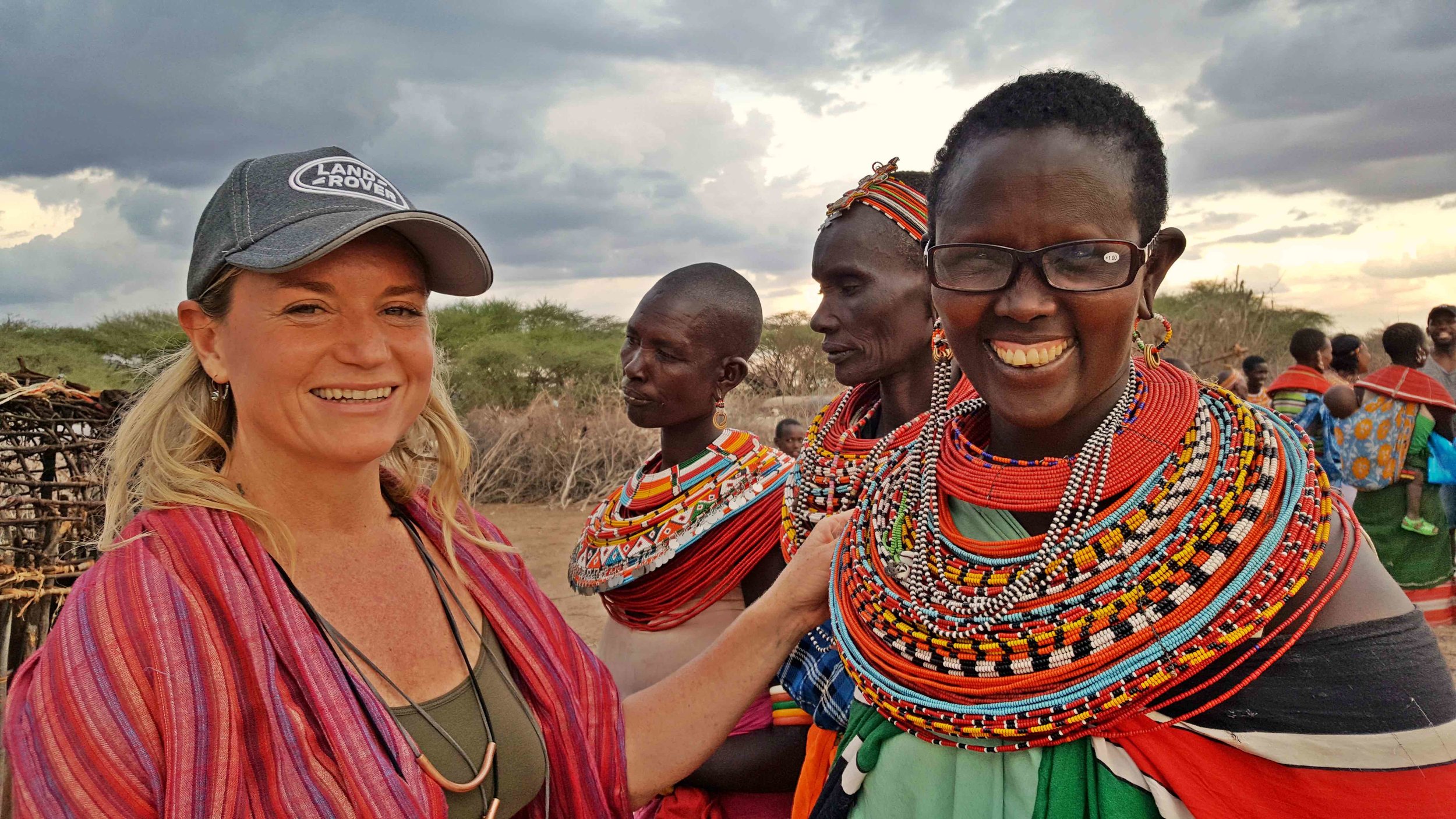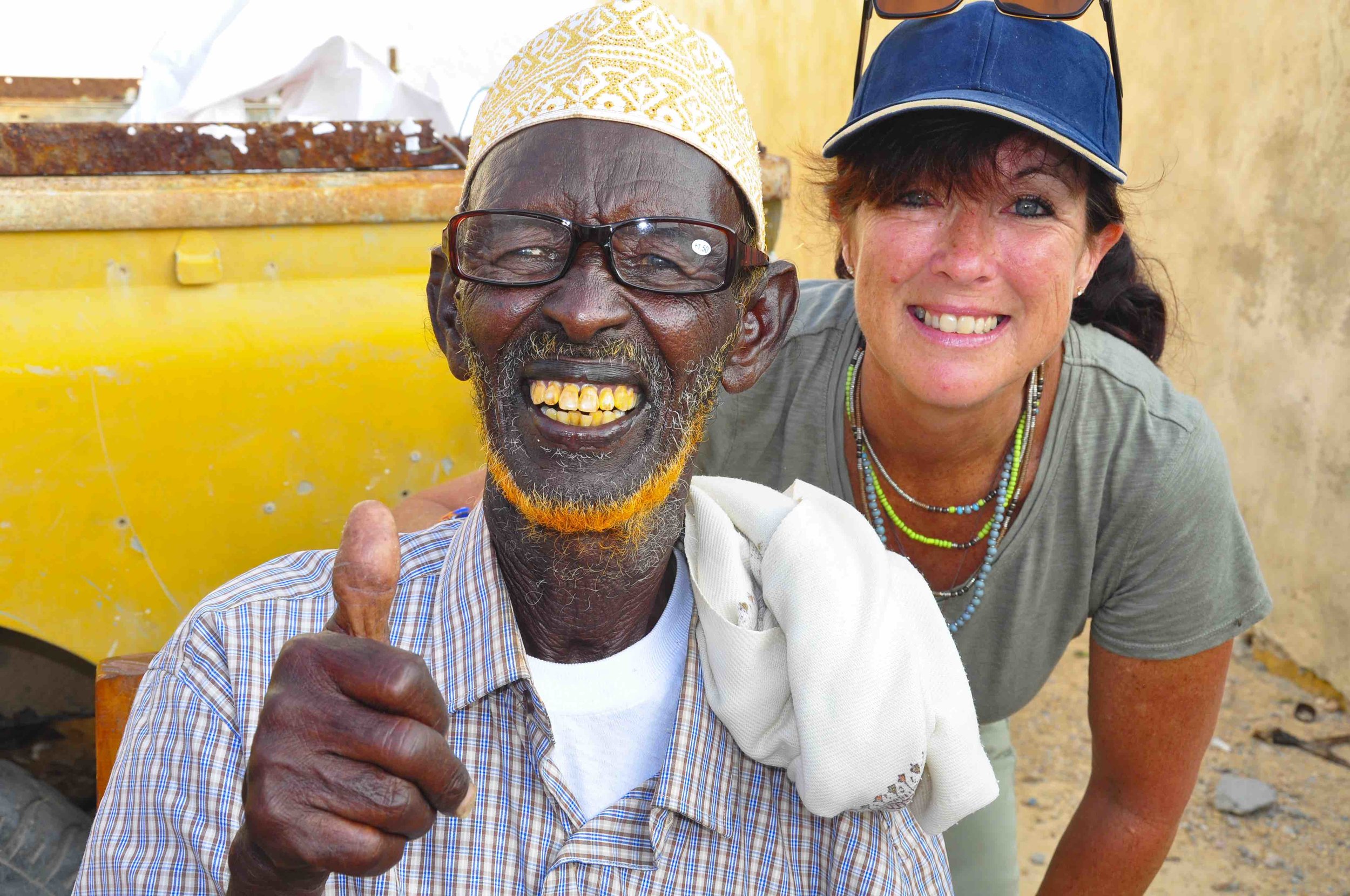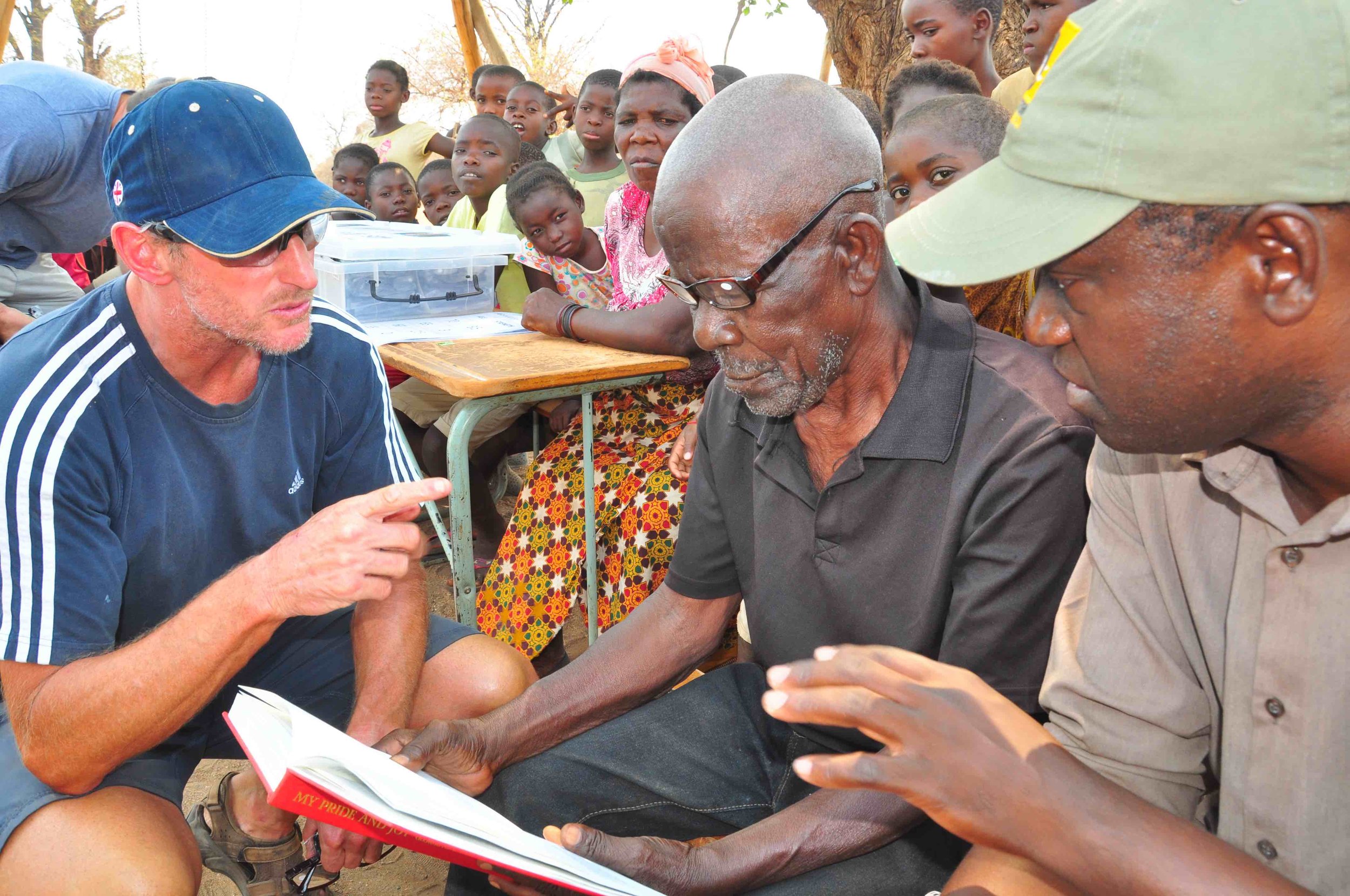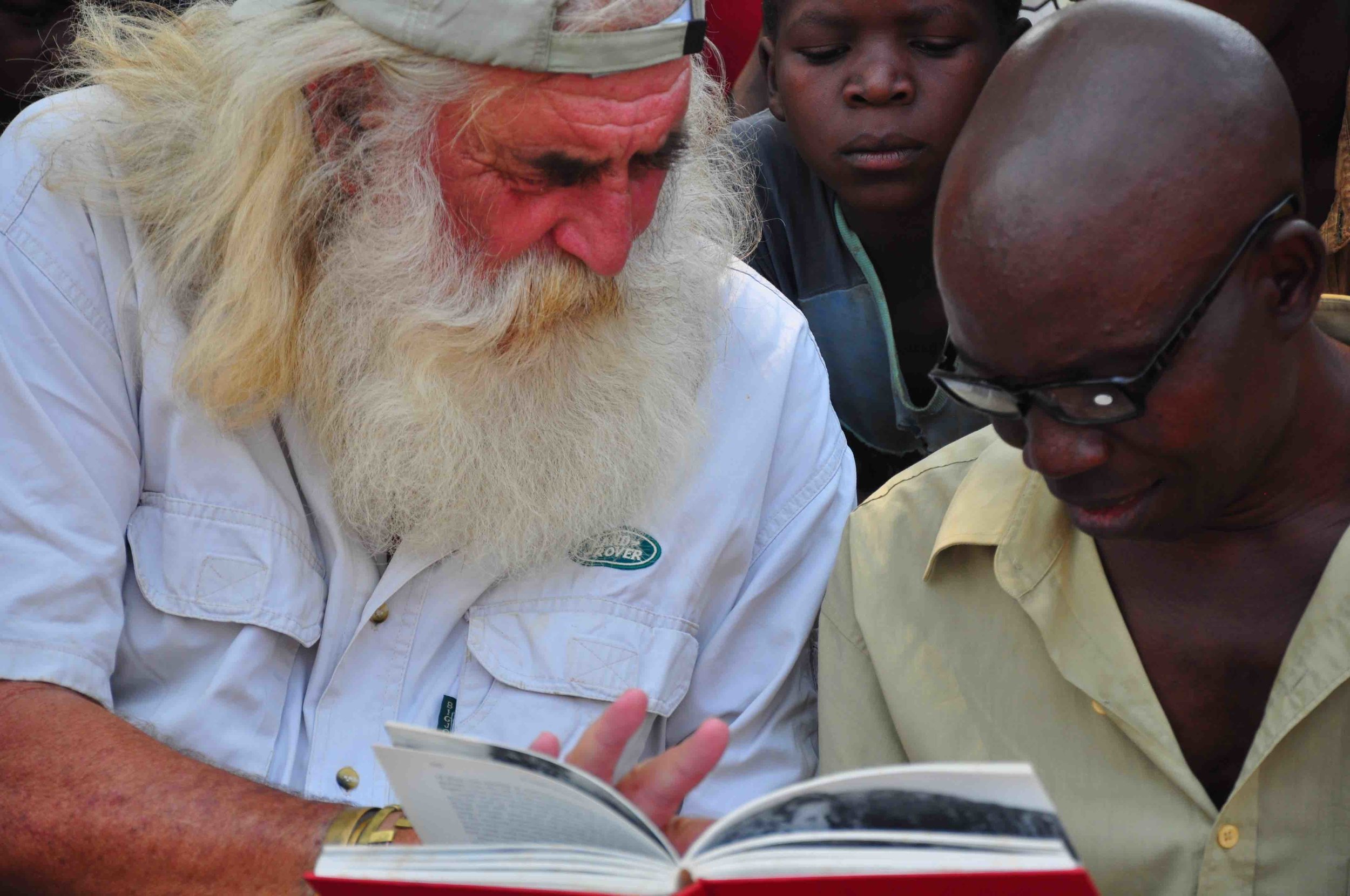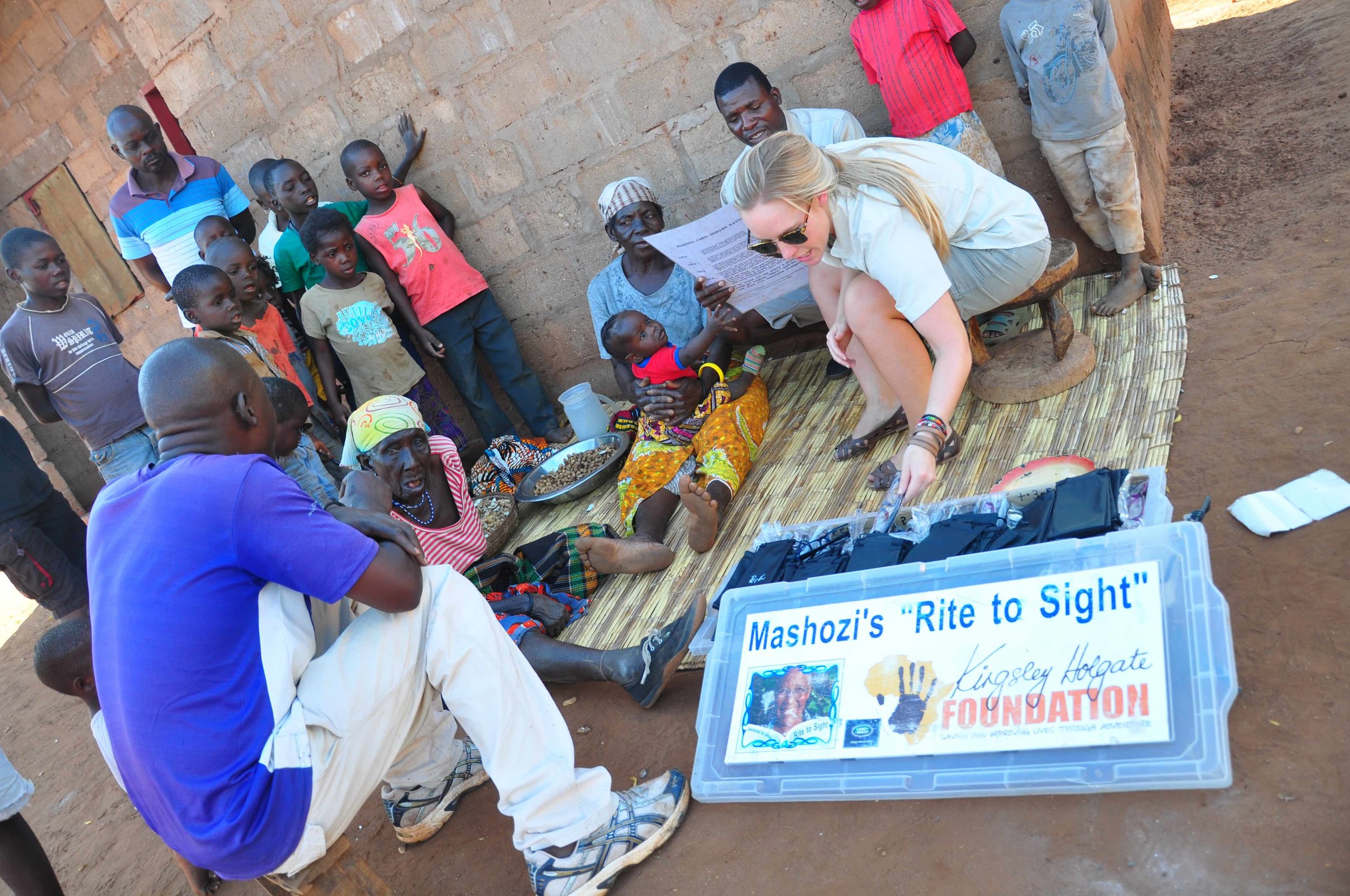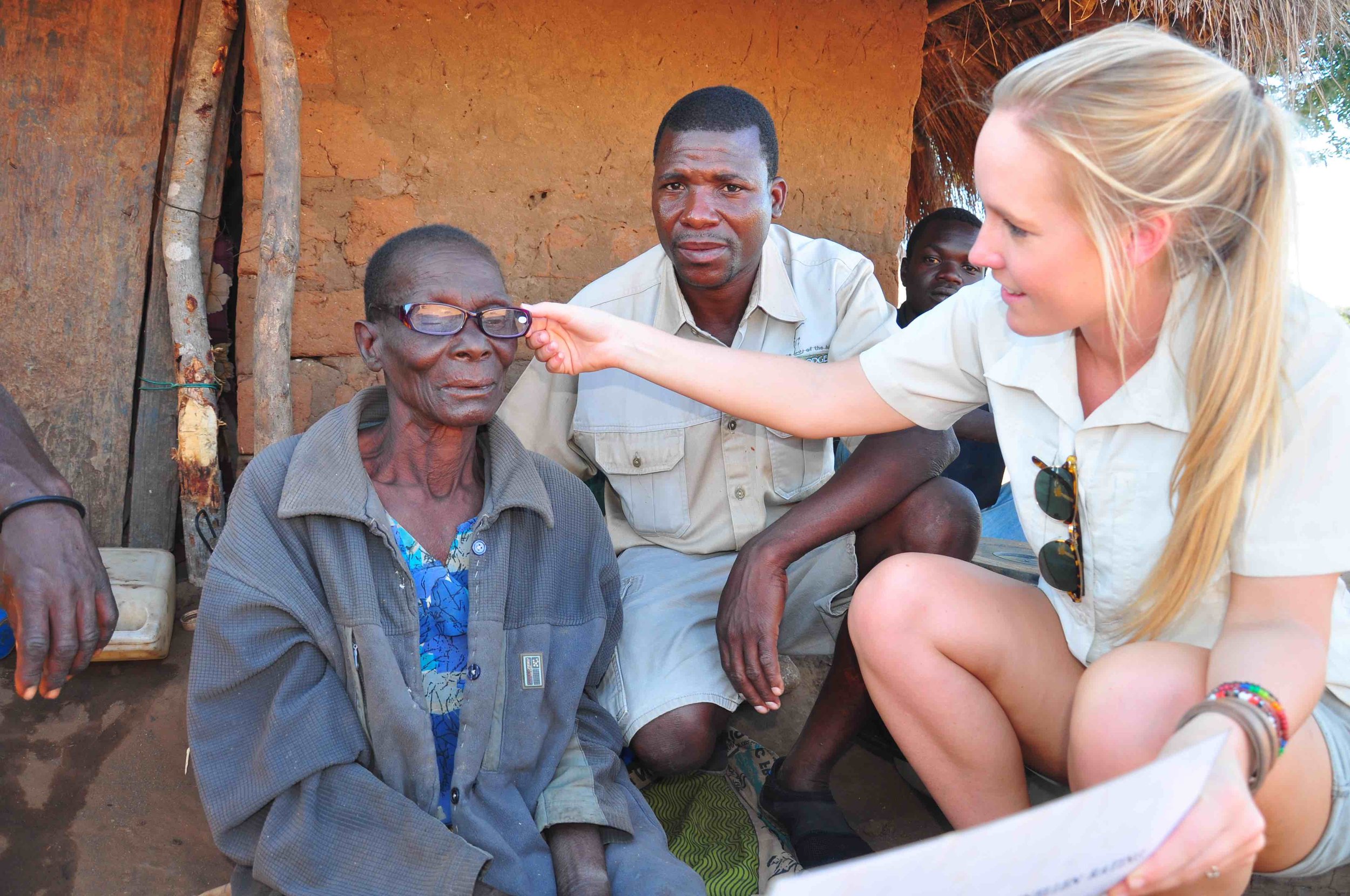Media Release
Commonwealth Litter Programme Announces STOMP Awards for South African Innovations that will help reduce and eliminate plastic waste
The Commonwealth Litter Programme (CLIP), the international science and outreach programme working in partnership with governments, universities, NGOs and communities in countries across the Commonwealth to take action on plastics entering the oceans, has announced the introduction of its STOMP (Stamp Out Marine Plastic Pollution) Awards in South Africa.
The STOMP Awards form part a nationwide activation ahead of the Cape Town “CLIP Innovation Conference: STEM the tide of plastic waste in Africa” in Cape Town on 4 and 5 December 2019. The conference, which is co-hosted together with the Sustainable Seas Trust, aims to practically address STEM (Science, Technology, Engineering and Mathematics) solutions to tackling and preventing marine litter. Entries to the STOMP Awards will be showcased at the conference and all entrants are invited to register for this free conference.
CLIP is led by the United Kingdom through the Centre for Environment Fisheries and Aquaculture Science (Cefas), funded by the UK’s Department of Environment, Food and Rural Affairs (Defra), and has partnered with Green Corridors, a Durban based non-profit organisation to roll out the awards programme in South Africa.
"Up to 90% of marine litter is made up of plastics, originating from both land and sea-based sources. This makes plastic pollution one of the most widespread problems facing our oceans today. If we are to tackle this issue, urgent, coordinated and effective action is paramount," says Thomas Maes, principal marine litter scientist of CLIP. "We are working collaboratively with countries across the Commonwealth to try to find tangible and practical geographic and environmental solutions and are using these awards as a means to galvanize solution-based thinking around the issues of plastic pollution and in particular how it impacts on the oceans.”
The STOMP Awards recognize and reward individuals, civil society organizations, interest groups and youth that are taking action and making an impact on the reduction of marine plastic pollution in South Africa.
“These Awards create a fantastic opportunity for individuals and groups to come together to act, create and innovate with a common purpose,” says Thomas Maes. “We aim to educate and communicate to a wide range of communities, the urgent need to change behaviours around the use of plastics, and to bring tangible and actionable opportunities for change to the forefront.”
The awards, which are open to all South African residents, are grouped into four categories: Technology or Technical Design, Product Development, Inspire through Creativity, and Action.
Technology or Technical Design category is recommended for (but not limited to) students and researchers in the science, technology and engineering fields, who are working with new and innovative design and or technologies that will help reduce or manage plastic pollution and encourage circular economy thinking.
The Product Development category is also open to South African registered small to medium micro-enterprises who have consumer products or services that are innovative and allow consumers to reduce their plastic waste.
The Inspire through Creativity category is divided into an adult (17 years and older) and youth section (16 years and younger). The aim here is to encourage people to use creative arts, artwork, photography, short films, dance, sculpture, graffiti, advert campaigns or any other art form to inspire people into creating a better planet. It is hoped that the creative work can live as a legacy to future generations to inspire them not to revert back a world without concern about the environment.
A Special Recognition Award for Action Category recognizes individuals, schools, civil society organizations or informal groups for the work they do in implementing cleanups, or developing and implementing projects to mitigate waste, reduce plastic, change behaviours or create awareness at a local, community level.
There are a variety of educational and experiential prizes for the winning entrants ranging from business development support to resource libraries. Representatives of the final entries in the Technology or Technical Design and the Product Development categories will also be hosted, and their innovations showcased, at the CLIP Innovation Conference in December with the winners announced during the conference. The finalist entries in the Inspire through Creativity and Special Recognition Award for Action Categories will also be showcased at this conference where the winners will be announced.
Entries are now open and close on 8 November, and must be made online via www.stompawards.co.za. There is a public voting period for one week from 8 to 15 November.
-ends





